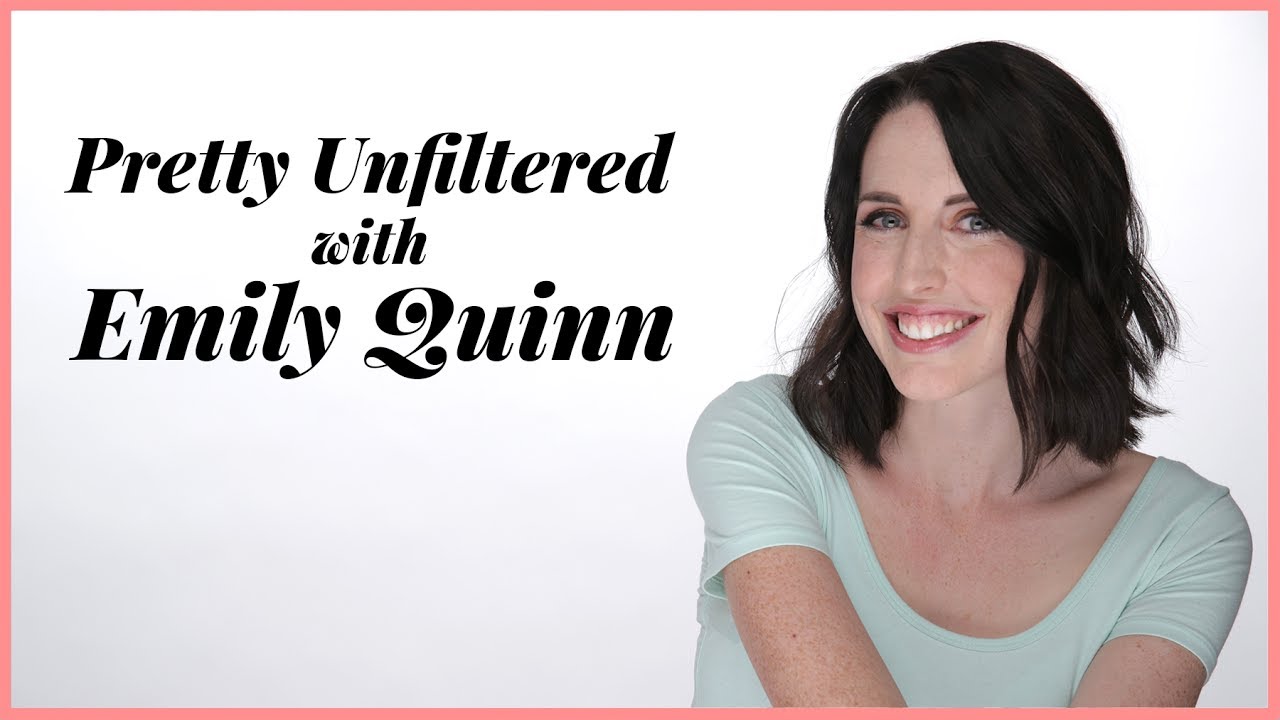Just a word of caution here about using contemporary terminology to apply to concepts from 2500 years ago, for which we are uncertain of a clear meaning. There is a harm that can come from this, even if it well intentioned.
In contemporary thought, non-binary usually comes under the Trans umbrella. @sujato that makes your statement about it being ok to be trans but not non-binary a bit confusing. You also talk about gender (this is how someone identifies internally, in their heart, not necessarily anything to do with their body) and go on to mention dual gender (do you mean intersex?), behaviour (do you mean gender expression? Or sexuality?) and biology (sex characteristics?), which you correctly acknowledge are all different things in the vinaya tradition. These are also regarded as entirely separate things in contemporary thought on identity, and in fact refer to very different aspects of identities on the LGBTQIA spectrum. A non- binary person may not demonstrate any of these. A non-binary person is not trans, they are not “in transition” (but that might be something some non-binary prople may do also if they wish.) Non-binary is not the same as intersex variation (which is many diverse types of physical variation from gonads and sex characteristics, as well as chromosomes and hormones.) So. Are you sure you have your terminology correct here?
It’s important to remember that trans is a spectrum of gender identity and expression and that trans people don’t necessarily have to choose a gender or gender expression. Non-binary people might not feel strongly towards one gender or the other, and may or may not have a gender- expression that outwardly expressed one gender, both genders or neither.
Trans doesn’t necessarily have to do with physical characteristics, but that might be a factor for some trans people who might express their gender identity through gender expressions, and changes in their bodies, but also might not. Non-binary does not have anything to do with your sex characteristics - ovaries, gonads, chromosomes, hormones etc. That refers to intersex variation found in 2% of our population— and these variations are present in a great variety of ways. It’s this diverse group of people who were previously those who were referred to as ‘hermaphrodites’ and ‘congenital eunuchs’, now considered outdated terminology that is specious. Intersex people might not actually present with different genitalia. Those that do are unfortunately often mutilated at birth or in early years of childhood. This surgery might in fact make them more like trans in terms of ordination eligibility.
Some help with definitions on non binary:
Some help with definitions about intersex variation:
Speaking more generally, not to anyone in particular, I implore forum users to:
-
Familiarise yourselves with LGBTQIA+ terminology and not expect to have it explained to you.
-
Make sure you use terminology correctly and use people’s pronouns correctly.
-
Be aware that these terms describe real life people, not fixed theoretical academic concepts, and that those people have a variety of gender and gender identity experiences throughout their lives.
-
Remember that LGBTQIA+ people are also users of this site and consider the harm that can occur from making statements about them.
-
Understand that you don’t automatically have a right to express an opinion about the lives of LGBTQIA+ people in ways that ‘others’ them, or make pronouncements about what they should do, how they should behave, how they should relate to their bodies or how they should manage their identity or live their lives. Especially don’t tell them how they should be Buddhist, or how they should relate to Buddhist concepts like not-self or identity, etc. Please don’t tell LGBTQIA+ people how to they should think about these things to be ‘better’ at being Buddhist. This is not your stuff to decide. Basically, keep your judgements to yourself.
Also speaking generally, not to any specific person, I would suggest that people who have little knowledge or experience of LGBTQIA+ identities and issues stop themselves and think twice before blithely giving their opinions about things they have never experienced, . Users here should question feeling entitled to make their voices heard on this forum about issues that don’t affect them. LGBTQIA people have to listen to other people’s opinions about them all the time. Often ignorant and uninformed opinions are presented as factual and expert and this is dangerous for being incorrect, but also because it spreads misinformation that becomes repeated here and elsewhere. Further, uninformed people—no matter how well intentioned—can cause great harm to LGBTQIA+users of this site.
Instead, when talking about LGBTQIA in EBT texts, or vinaya questions, don’t neglect to listen to the experiences of LGBTQIA+ people. This might help to bring a human face to these historical and contemporary discussions and give users here better understanding of these people who exist in our community and have always existed.
Non-binary people talking about their own experience:
Emily Quin on Intersex:
Teenagers talk about being Intersex and non consensual surgery:


